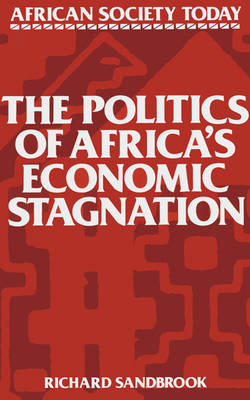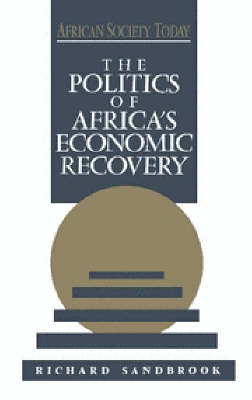African Society Today
2 total works
The Politics of Africa's Economic Stagnation
by Richard Sandbrook and Judith Barker
Published 29 November 1985
African states are not, in any real sense, capitalist states. Elsewhere, the state has played a crucial role in facilitating capitalist expansion, but in postcolonial Africa one finds a form of neopatrimonialism - personal rule - that introduces a variety of economic irrationalities. Productive economic activities are impeded by the political instability, systemic corruption and maladminstration associated with personal rule. In extreme cases, a downward spiral of political-economic decline is set in motion that is difficult to halt and reverse. Is personal rule simply a euphemism for ineptitude and mismanagement? The authors argue that it is not; it operates according to a particular political rationality that shapes a ruler's actions when, in the absence of legitimate authority, he is confronted with the challenge of governing an unintegrated peasant society. Neopatrimonialism is essentially an adaptation of colonial-inspired political institutions to peculiar historical and social conditions. This book focuses on the political factor as an important cause of Africa's economic ills. It analyses the social conditions impelling political adaptation and the consequences of personal rule for economic life, and surveys creative responses to the predicament African people now face.
The waning of the Cold War means that major political powers no longer feel compelled to support African authoritarianism. Revised official consensus holds that, in Africa as elsewhere, political reform must accompany economic adjustment. According to this view, African recovery requires a reduction in the size and economic role of monopolistic and inefficient states, and their transformation into accountable liberal democracies. Is this a desirable and practicable political programme? Certainly, all over Africa the number of liberal democracies is growing. But can they survive and are they compatible with renewed economic growth? Richard Sandbrook answers these questions, and assesses the feasibility of the new political programme in reinforcing Africa's economic recovery. He argues that the programme has merit in the short term, but, in the longer term, a more self-reliant, state-directed approach should be adopted to ensure prosperity and durable democracy in the region.

